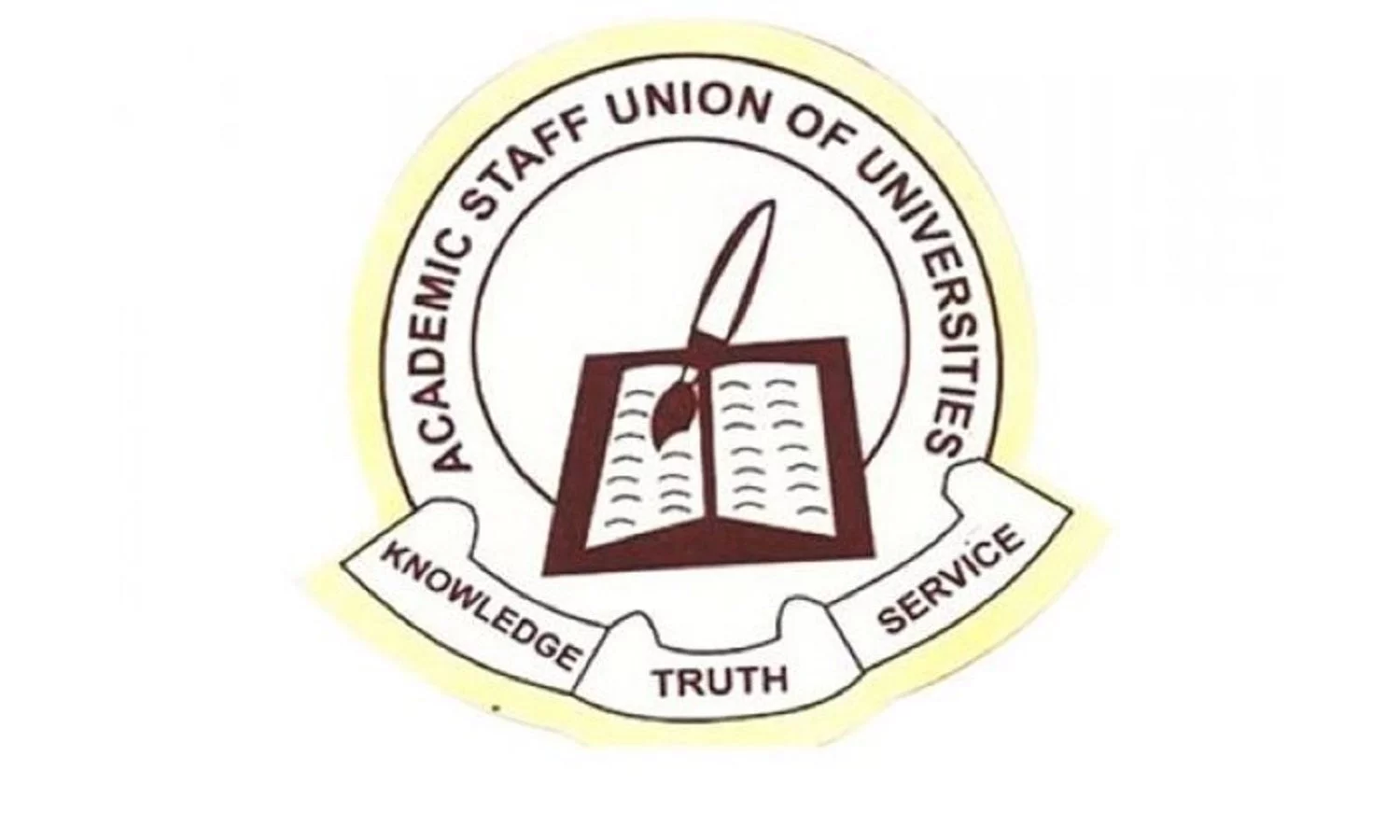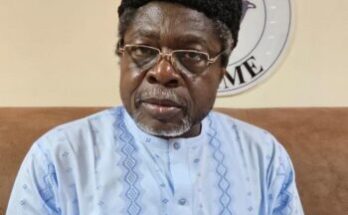Rights Commission which goes to show that the President of Nigeria is not a stranger totally to the increasing demands for a rights-based approach to the fight against terrorism in Nigeria. What is to be asked is why the National Human Rights Commission has been unable or too slow to bring perpetrators of the worst kinds of human rights violations to trial for these alleged violations [both the military and the armed insurgents have recently been indicted for committing crimes against humanity by Amnesty International, the United Kingdom based human rights organization].
If I may ask, is it the work of the President of Nigeria to drag human rights violators for prosecution when the same government has in place an independent and powerful commission to handle such delicate national and global assignment?
Why has the Nigerian National Human Rights commission not design fool- proof strategy for bringing alleged human rights violators among the military sector in Nigeria to trial and if the local courts are too weak to take them up then why not recommend same for prosecution by the International Criminal Court since Nigeria is a signatory to the Rome treaty?
I must however admit that on one occasion the National Human Rights commission investigated and issued her decision against alleged human rights violations made against the military during an operation in Abuja early this year but the spate of attacks that happened in Abuja goes to show that the military claims that the armed insurgents have indeed invaded Abuja may not be far from the truth thereby posing significant unpopularity for any attempt by the National Human
Rights commission to make any radical findings against the Nigerian military.
So Nigeria is currently in a cul de sac and a catch 50/50 scenario. What this demands is a meticulous and methodical planning on how to achieve a balance between respecting human rights of civilians and also keeping Nigeria safe from these murderous attacks of armed insurgents.
But the United States Government sees it differently because the security expert on African affairs who spoke at the congressional hearing think that the Nigerian Federal Government and the military are posing significant obstacles to the global movement towards crushing the armed insurgents in Nigeria.
Lauren Blanchard told the Congress thus; “The Nigerian government also has appeared reticent in some cases to allow its security forces to participate in US training programmes. The State Department indicates that there are currently 187 Nigerian military units and 173 police units that have been vetted and cleared to receive U.S. assistance and training”.
“It is unclear whether the Nigerian government has given approval for such training to occur. A 2013 State Department audit report noted that, in addition to human rights concerns, Nigeria’s late submission of names of candidates for assistance was a ‘recurring problem’ for the US embassy.
“Multiple systemic factors further constrain the effectiveness of the Nigerian security force’s response to Boko Haram, notably security sector corruption and mismanagement, and some of these factors impede US support even for units that have been cleared for assistance”.
Among the cleared units, she revealed, were Nigeria’s Speed Boat Service commando and the 101st Infantry Battalion, which the ACRS specialist said were best positioned to conduct hostage rescue operations, but “both reportedly require significant additional training”.
She added that the security relationship between Nigeria and the US was hampered by the lack of cooperation and systemic failure in Nigeria.
“The security relationship also has been hampered at times by a lack of cooperation from Nigerian officials and by systemic problems in the Nigerian military. Political and human rights concerns have been a prominent factor in shaping US-Nigeria relations for decades”.
“State Department human rights reports have continued to highlight serious human rights violations by the Nigerian security forces every year. These violations include politically motivated and extrajudicial killings, excessive use of force, and torture,” Blanchard said at the hearing.
Despite about N1trn ($5.8b) security budget, the ACRS specialist said the “Nigerian troops are not adequately resourced or equipped” to counter Boko Haram insurgency.
During the hearing, the American disclosed that the troops were “slow to adapt with new strategies, new doctrines and new tactics,” and described Nigeria as “an extremely challenging partner to work with.”
I think honestly that these areas of interest raised before the United States congress merits significant attention of the Nigerian Government so Nigeria can and must do the needful to plan and execute a meticulous and methodical result oriented effective strategy to counter the attacks targeting soft targets by these armed insurgents. A stitch in time saves nine.




